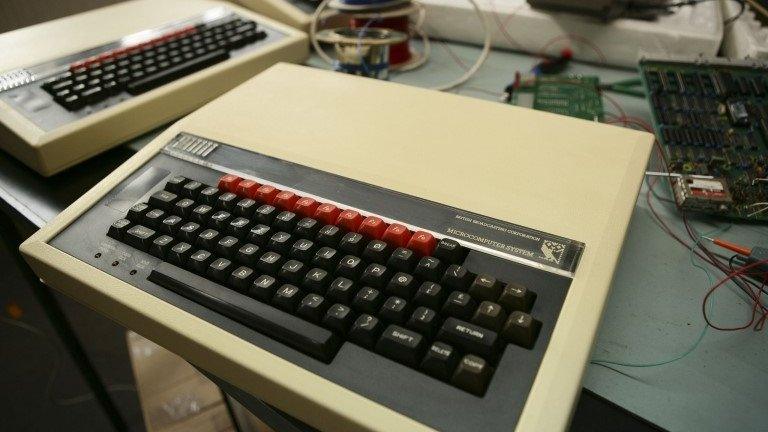BBC's technology evolution shown at National Museum of Computing
- Published
- comments
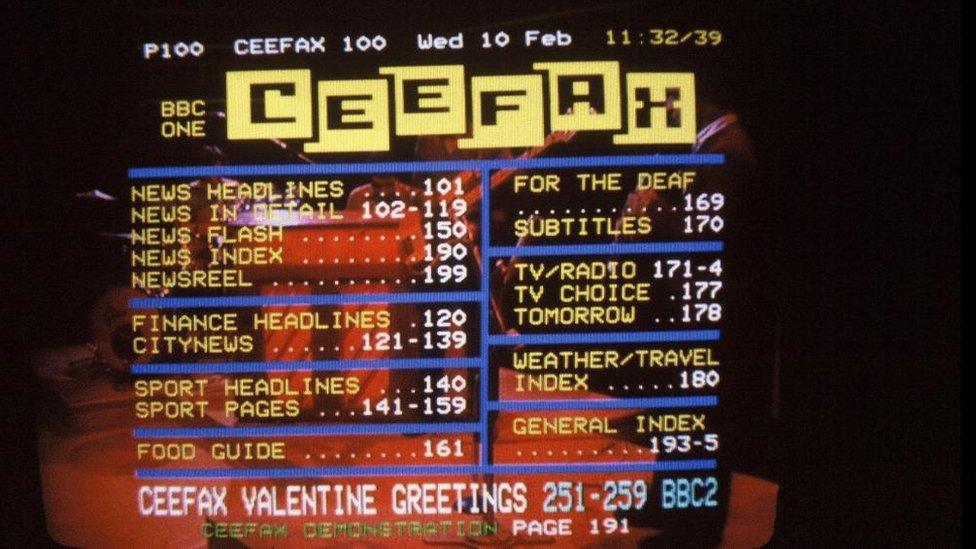
Ceefax, launched by the BBC in 1974, is being recreated at the National Museum of Computing
A new exhibition looking at the evolution of technology at the BBC has opened to mark the corporation's 100th anniversary.
"BBC through the decades" is at the National Museum of Computing at Bletchley Park, near Milton Keynes.
It showcases the analogue and digital technology used by the BBC since its inception and the innovations it contributed towards.
Museum director Jacqui Garrad said it was an "epochal British institution".
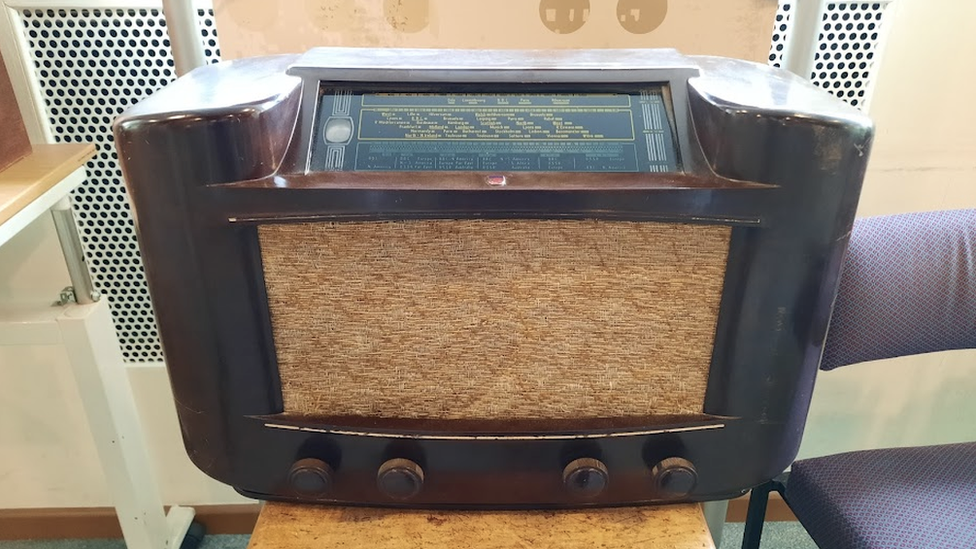
The museum has technology used to both transmit and receive BBC programmes
The exhibition looks at how the BBC began broadcasting, the first television broadcast in 1932 and the move to colour in 1967.
It also features the launch of the BBC website in 1997 and the digital switchover that began in 2007.
The museum also recognises the contribution to computing and technology made by the BBC, with innovations such as Ceefax, BBC Micro and the BBC Domesday Project.
Visitors can also be hands-on with exhibitions, including playing retro games on a 1980s BBC computer.

The BBC and computing
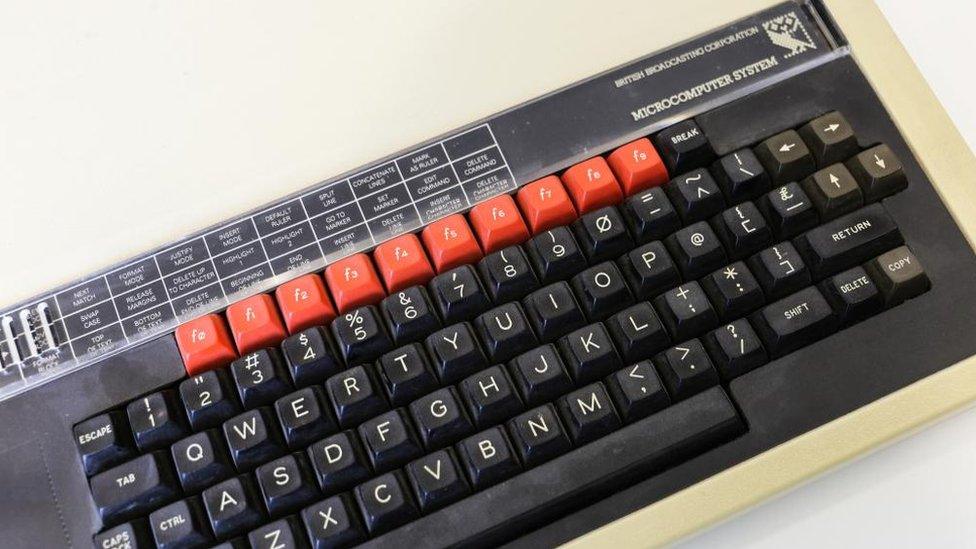
The BBC Micro has an accompanying 1982 television series, The Computer Programme
Ceefax started in 1974, it was the first teletext facility in the world and the start of interactive television services
During the 1980s the BBC ran the Computer Literacy Project and produced a series of home computers known as BBC Micros
In 1986 the BBC launched the Domesday Project, where the public were asked to help compile a digital snapshot of where they lived, to mark the 900th anniversary of the Domesday Book

Ms Garrad said: "The BBC is an iconic British institution, with global reach, respect and recognition.
"We are very excited to showcase this history."
The exhibition was launched at the weekend by former BBC technology correspondent Rory Cellan-Jones, who said the BBC was "a key part of my family history".
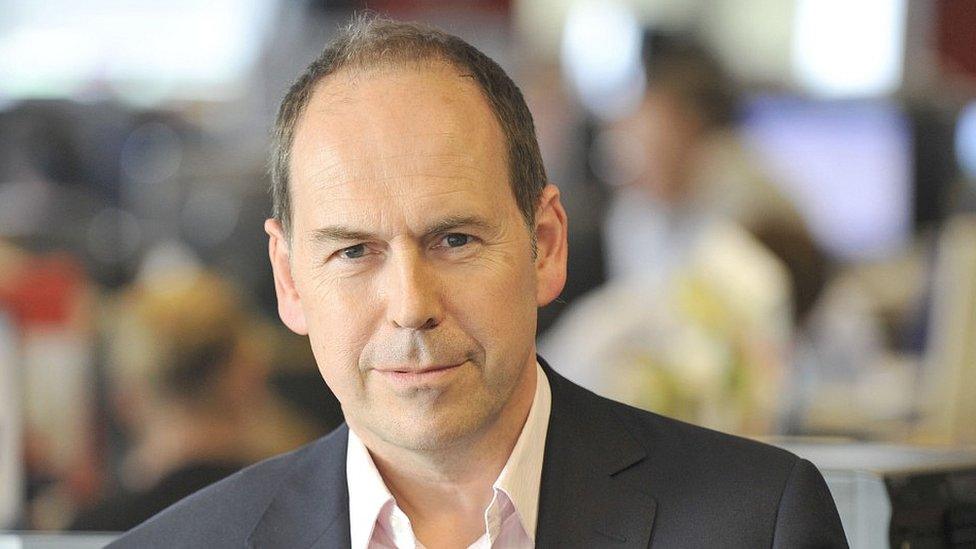
Rory Cellan-Jones worked at the BBC for 40 years and reported on many technological innovations
He said: "I worked there for 40 years, and before me my mother joined the corporation in wartime Bristol and left TV Centre in London in 1974.
"By the time I was made technology correspondent, the BBC's R&D teams had already pioneered everything from mobile recording, as used on D-Day, to an online news service.
"Then as I reported the rise of the smartphone and AI, I watched the BBC adapt to this new era."
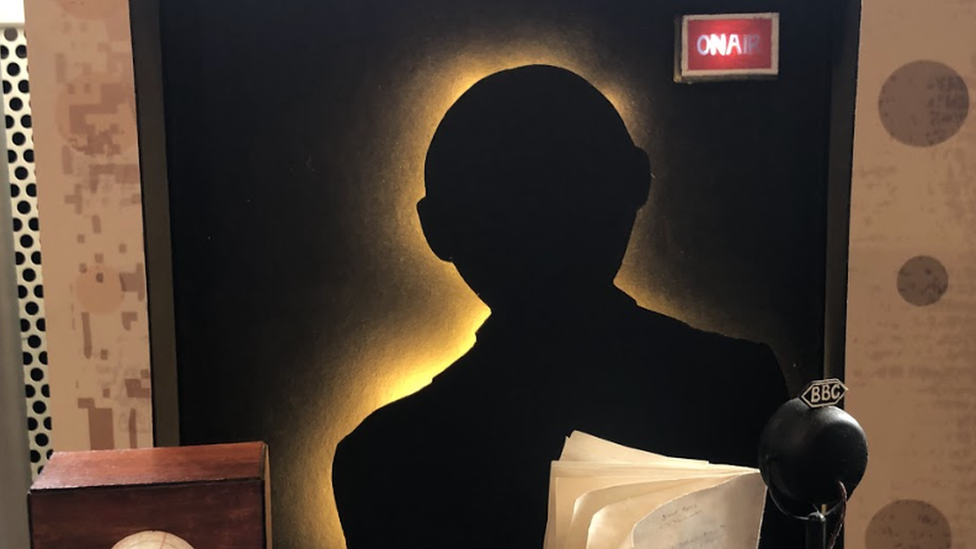
Moves to television and online service are in the exhibition
He said the exhibition "honours the remarkable technological evolution at the BBC across its 100-year history".
The exhibition is at the museum until 20 November.

Find BBC News: East of England on Facebook, external, Instagram, external and Twitter, external. If you have a story suggestion email eastofenglandnews@bbc.co.uk, external
Related topics
- Published29 June 2015
